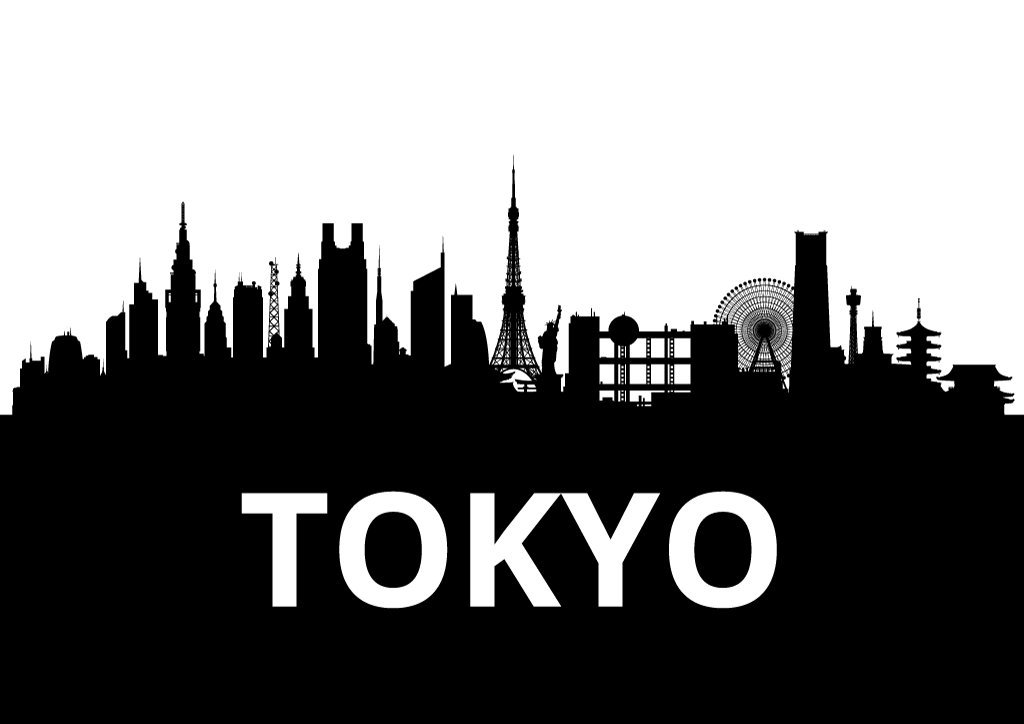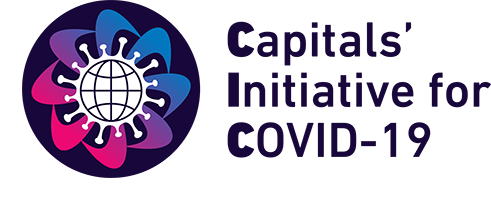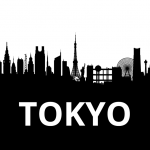
About the symptoms of the novel coronavirus
Q: What kind of symptoms are there?
A: Infected people are recognized to have symptoms including a fever and respiratory symptoms such as a cough.
Prevention
Q: How do you get infected?
A: The method of transmission is currently being investigated. It is thought that infection is possible through contact with something that has been contaminated, or by inhaling “respiratory spray” that contains the virus, produced by an infected person’s coughing or sneezing.
Q: How can I avoid getting infected?
A: Please practice good general hygiene by observing cough etiquette and washing your hands. It is also effective to get plenty to rest and nutrition, and to avoid crowds. There is currently no vaccine for the novel coronavirus, so please avoid any unnecessary contact with people that have symptoms such as a cough or fever. Wash your hands thoroughly if you have touched things.
Q: What methods of disinfection are effective?
A: It is known that alcohol disinfectants (70%) are effective if you want to disinfect the skin on your hands or other locations, while sodium hypochlorite (0.1%) is effective for disinfecting surfaces. If you are concerned the virus is on your clothes, disinfection using hot water (80℃ for 10 minutes) is also effective.
Q: Are there things to watch out for when putting on or taking off a facemask?
A: One everyday measure to prevent infection is to wear a face mask, which can be bought in drug stores and other shops. Please pay attention to the following points when you put on or take off a mask.
(Putting on a mask)
- Ensure you have covered both your nose and mouth
- Loop the strings over your ears
- Adjust the mask so that there are no gaps around your nose and so your chin is not exposed.
(Taking off a mask)
- Take the mask off touching only the strings, as the reverse side may be contaminated.
- Replace your mask about once a day.
Q: Is it possible for the virus to be present on imported goods?
A: Currently there is no epidemiological information to suggest that people can be infected by the novel coronavirus through contact with items sent from China or other locations where the virus has been found. It is thought that the novel coronavirus cannot generally survive for a long time on things such as letters or luggage.
Treatment / medical examination
[If you have a travel history to Wuhan or other places in Hubei province, or have been in contact with infected people who do.]
Q: I have a cough and/or fever and am worried I have been infected with the novel coronavirus. What should I do?
A: Please contact the telephone advice center for returnees and people who have been in contact with the virus at your local health center.
During working hours on weekdays: please check with your local health center
After working hours on weekdays and on weekends/public holidays: Call the combined telephone advice center (03-5320-4592) (support in Japanese only)
[If you do not have a travel history to Wuhan or other places in Hubei province, and have not been in contact with infected people who do.]
Q: I came to Japan after spending time somewhere in China other than Hubei Province or Zhejiang Province. If I develop symptoms such as a fever or cough where should I go for medical treatment?
A: If you are concerned about something and would like advice, including about medical facilities, but are not in poor physical health, please contact the telephone advice center for returnees and people who have been in contact with the virus that is located at your local health center. (Contact details are given above.)
Q: I have been in contact with someone I think was a Chinese tourist. Am I likely to have been infected?
A: A person is generally considered to have been in close contact if they touch or stand face to face within speaking distance (i.e. around two meters) with someone without taking the necessary precautionary measures. Therefore passing by someone at a tourist site is not grounds for considering the possibility of infection.
Under national reporting standards, the following are considered cases of having been in close contact:
- Having spent long periods of contact (including in a vehicle or airplane) or lived together with someone suspected of being infected with the novel coronavirus
- Having examined, given care to or nursed a person suspected of being infected with the novel coronavirus without adequate disease prevention measures
- Are likely to have touched something that has been contaminated with the respiratory secretions or bodily fluids of someone suspected of being infected with the novel coronavirus
Q: I have a cough and am worried that I have been infected, so I would like to be examined. What should I do?
A: The test for infection by the novel coronavirus is conducted in national and metropolitan facilities for cases that have met the conditions set by the national government. It cannot be conducted at regular medical facilities as it might be for influenza. Medical facilities will contact health centers about those who have met the conditions set by the government, and testing will be done in cases where health centers decide it is necessary. Please go for a consultation at a medical facility first of all.
Q: I traveled or stayed somewhere other than where the disease is prevalent, and I have no symptoms. If my employer or school requests proof that I am not infected, what should I do?
A: The test for infection by the novel coronavirus is conducted in national and metropolitan facilities for cases that have met the conditions set by the national government. It cannot be conducted at regular medical facilities like it would be for influenza. If you have no special reason to believe you are infected, and are not showing symptoms, you cannot be tested just to prove that you are not infected.
About designated infectious diseases
Q: The novel coronavirus has been classified as a designated infectious disease. What measures will be taken?
A: When a physician diagnoses a case of the novel coronavirus, a report will be sent the health center. In order to prevent an epidemic, the health center may take measures to restrict the patient from going to work in certain industries or to request for their hospitalization in a designated medical facility for infectious diseases.
Q: What kind of treatment do patients receive at what kind of medical facility?
A: Patients infected with the novel coronavirus may be hospitalized at a medical facility equipped with the equipment to deal with infectious diseases under the orders of a health center if it is necessary to prevent an epidemic. The copayment portion of the patient’s medical fees will be paid from public funds. (Individuals with a household income below a set level will have all their medical fees paid from public funds.)
There are currently no antiviral drugs that are effective against the novel coronavirus, so treatment aims to relieve symptoms.
Source: https://www.metro.tokyo.lg.jp/english/topics/2020/0214_00covid19.html



![TOKYO [About the novel coronavirus (COVID-19)]](https://capitalsinitiative.com/wp-content/uploads/thumbs_dir/tokyo-1wfqbhry9gzj628igww341p4uymde2lttqeku84874pw.png)
